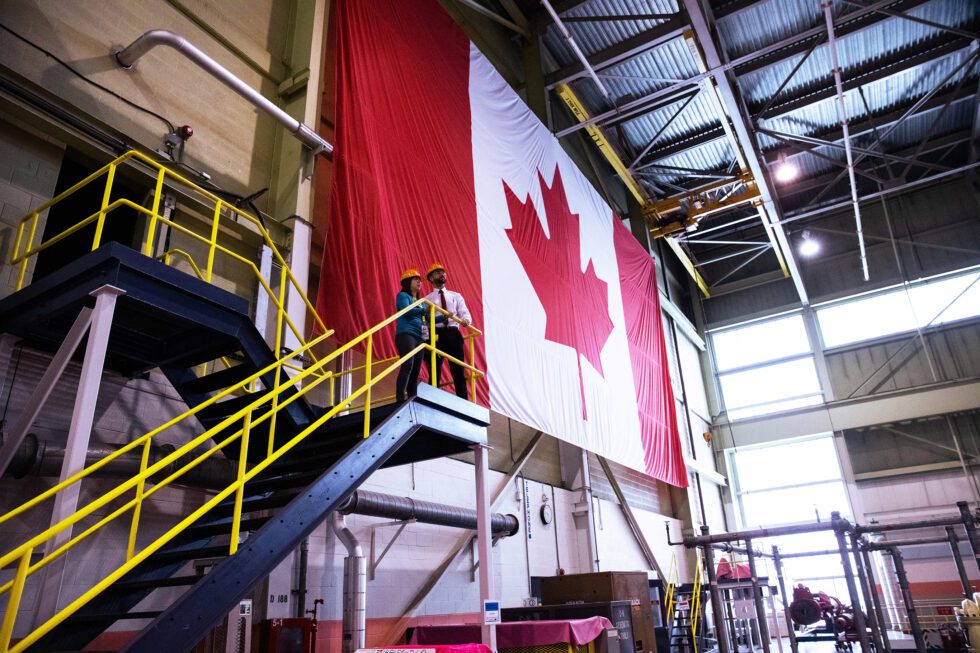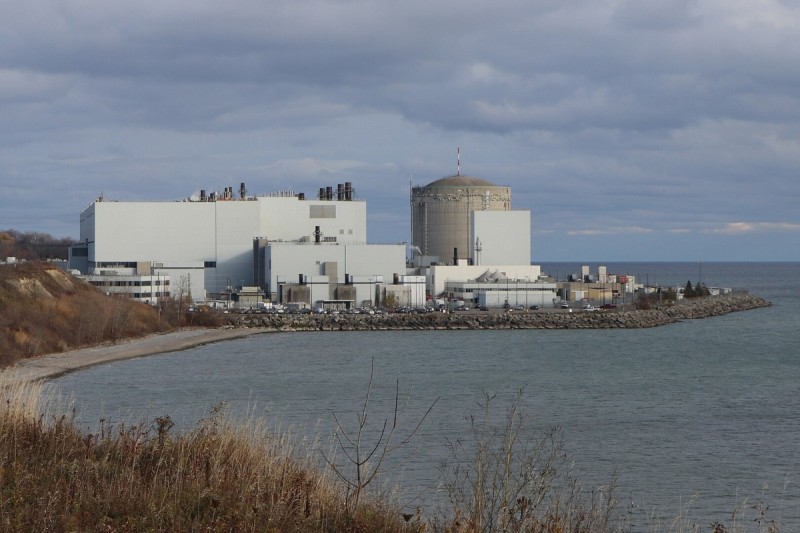Listen to the full conversation on the Perspectives Journal podcast, available to subscribers on Spotify, Apple Podcasts, YouTube, Amazon Music, and all other major podcast platforms.
In a joint statement by Environmental Defence Canada released on October 28th at the Transit for Tomorrow Summit in Ottawa, a number of mayors and municipal representatives from cities across Canada, public transit activist groups and transit agencies like the STM in Montreal, declared:
“Transit is the most powerful method of tackling traffic congestion. It is the lifeblood of economic growth in our biggest cities. It is a solution to the rising cost of living. It helps us reduce carbon emissions. But public transit systems across the country are in a financial crisis.”
Have you ever tried riding a train or bus lately? In Canada, If you are so lucky to have a train or bus near where you are, to get you where you’re going, service has not been great, and many have noticed that it’s getting worse.
While the news media focuses on traffic jams involving cars and trucks on highways, less attention is paid to the fact that transit ridership across the country has not recovered to pre-pandemic levels in most cities. This can’t all be attributed to more people working from home when we’re all still stuck in traffic. Investment in public transit has weakened, ridership has stalled as commuters are forced to drive, and the economy loses billions in lost productivity because of how much we all lose in time.
So we ask an expert, “Dude, where’s my bus?”
Nate Wallace, Program Manager for Clean Transportation at Environmental Defence Canada, and organizer of the Transit for Tomorrow Summit joins us for this conversation on the Perspectives Journal Podcast.
Notes:
- Putting Wheels on the Bus: Unlocking the Potential of Public Transit to Cut Carbon Emissions in Canada, by Environmental Defence Canada & Équiterre, February 2024.
- Joint Statement: Public transit in Canada’s largest cities requires sustainable, long term funding, starting with acceleration of the “Canada Public Transit Fund,” October 28, 2024.
- “Cities issue united call for ‘new deal’ on public transit funding,” By Elyse Skura, CBC News, October 29, 2024.





